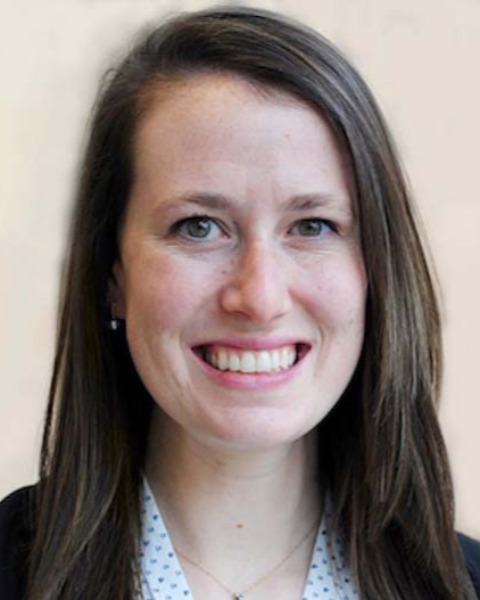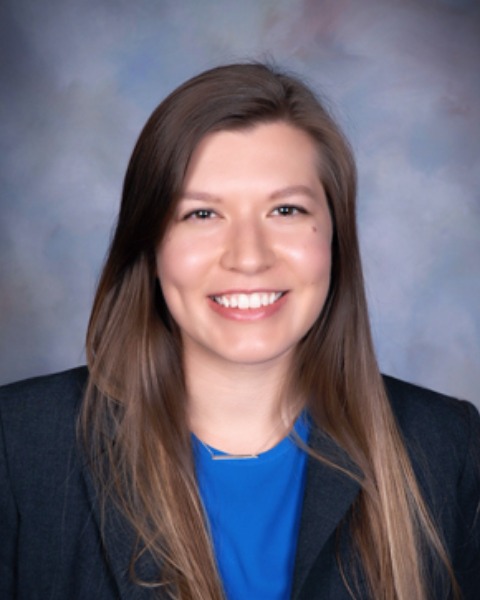Genetics
Poster Session 2
(571) Assessment of provider knowledge and recommendations for spinal muscular atrophy carrier testing

Melissa Riegel, MD (she/her/hers)
Resident
University of Pennsylvania
Philadelphia, PA, United States
Whitney Bender, MD
Thomas Jefferson University Hospital
Haddonfield, NJ, United States
Elizabeth Critchlow, MD
University of Pennsylvania
Philadelphia, PA, United States.jpg)
Lorraine Dugoff, MD (she/her/hers)
Professor, Chief of Reproductive Genetics
University of Pennsylvania
Philadelphia, PA, United States
Primary & Presenting Author(s)
Coauthor(s)
ACOG recommends that carrier screening (CS) for spinal muscular atrophy (SMA) be offered to women who are pregnant or considering pregnancy. Despite this, SMA CS practices are varied. The increasing number of conditions and variety of available CS panels has raised concerns regarding provider knowledge and proficiency in educating patients regarding CS options and test results. We sought to determine baseline provider knowledge of SMA and SMA CS patterns in a large academic OBGYN department.
Study Design:
Cross-sectional study of obstetric care providers at an urban tertiary care health system. Providers were invited to complete an anonymous validated 20-item web-based survey to test knowledge regarding SMA screening, practice patterns, and comfort in interpretation and counseling regarding results. Data was categorized and summarized with descriptive statistics.
Results:
The response rate was 75% (112/150) with a survey completion rate of 64.6% (97/150). Survey participants varied in role and years of clinical experience (Table). The mean score on the knowledge portion of the survey was 3.8±1.8 out of 8 (47.5%) with 20.6% of respondents scoring ≥75% and 51.6% scoring ≥50%. Maternal fetal medicine providers had the greatest fund of knowledge. Test performance did not vary with years in practice. Although 91.3% of providers offer SMA screening at the first prenatal visit, less than 25% reported complete comfort discussing SMA screening and results. Comfort discussing screening and test results correlated with clinical role and years in practice. Providers who felt completely comfortable discussing SMA screening were more likely to score ≥75% or ≥50% on SMA knowledge (p < 0.005). Comfort discussing results, however, was only correlated to score ≥50% on SMA knowledge (p = 0.007).
Conclusion:
Although the majority of providers offer SMA CS, provider knowledge regarding SMA is low, and most providers are not comfortable discussing SMA screening and test results. Educational measures should be undertaken to improve provider, and by proxy, patient understanding of available CS options.

